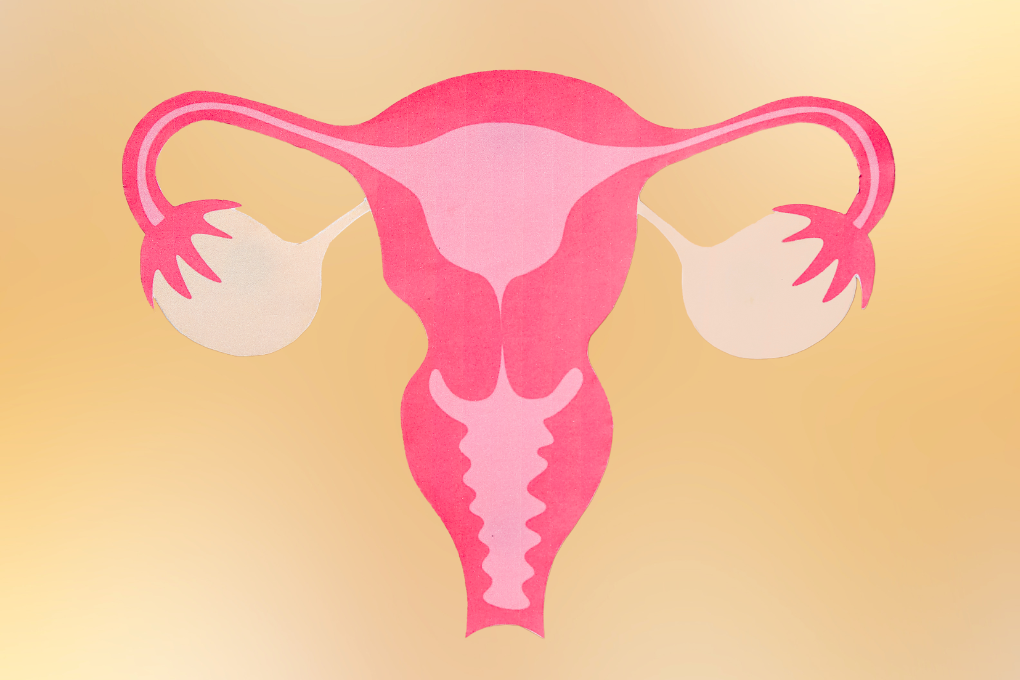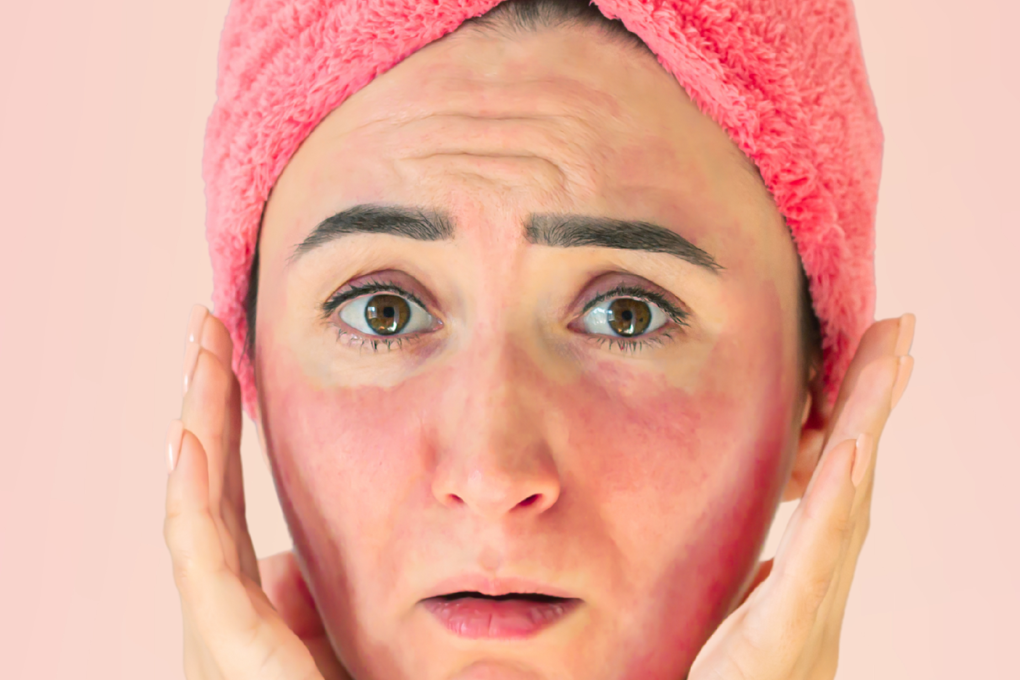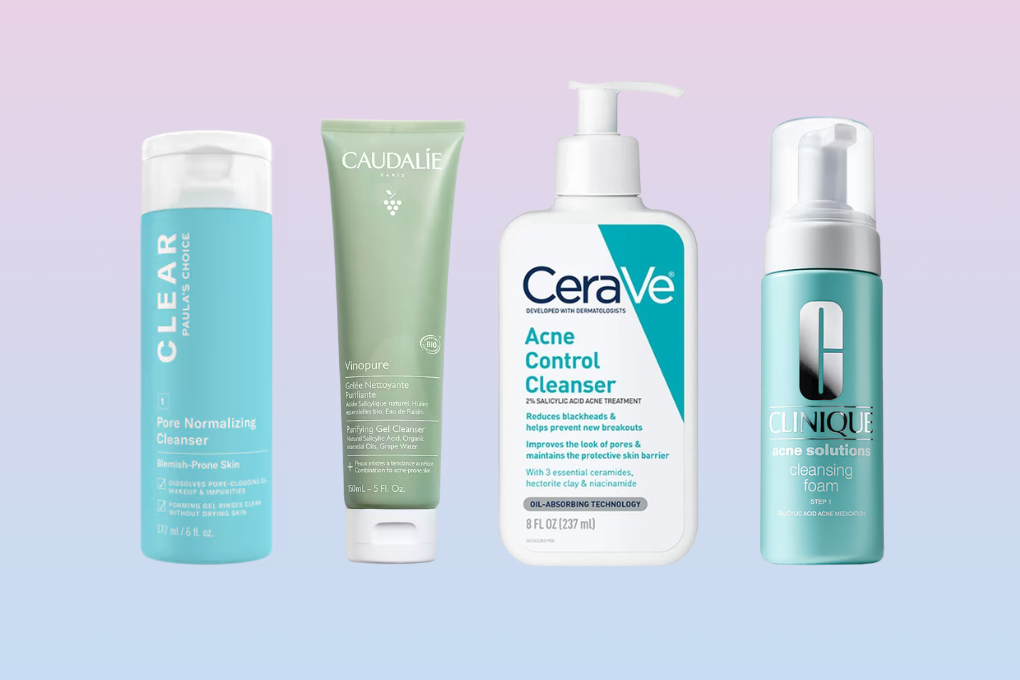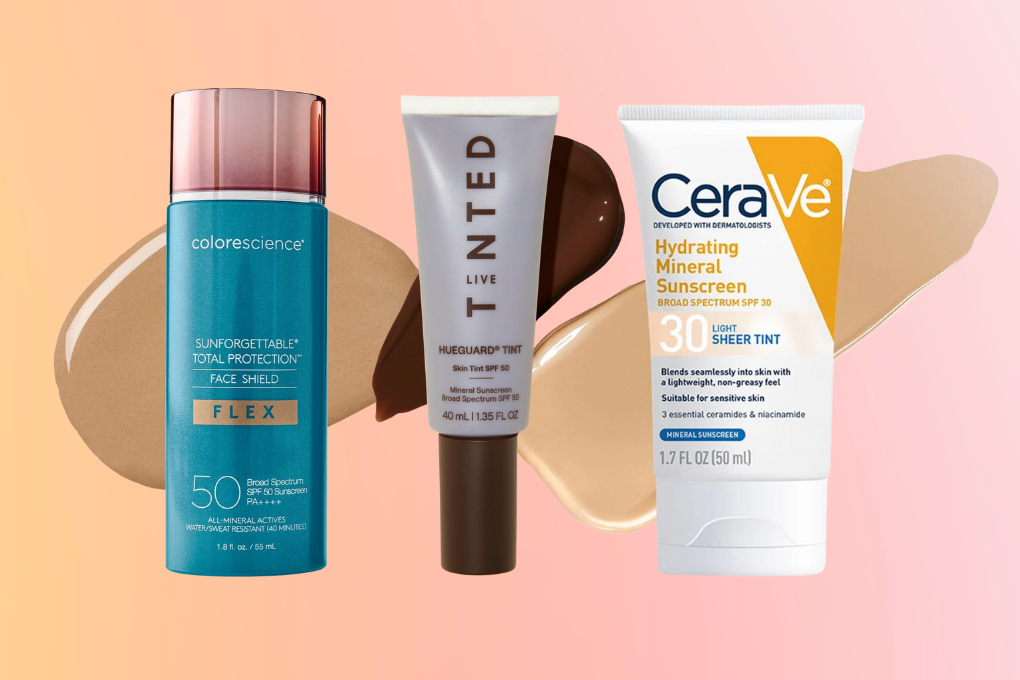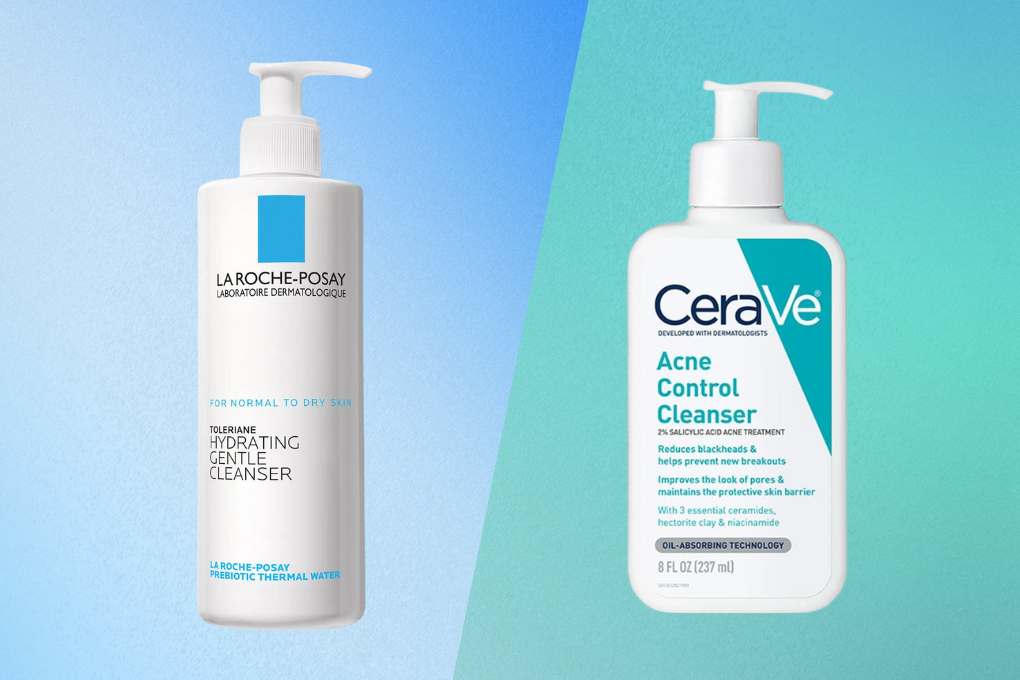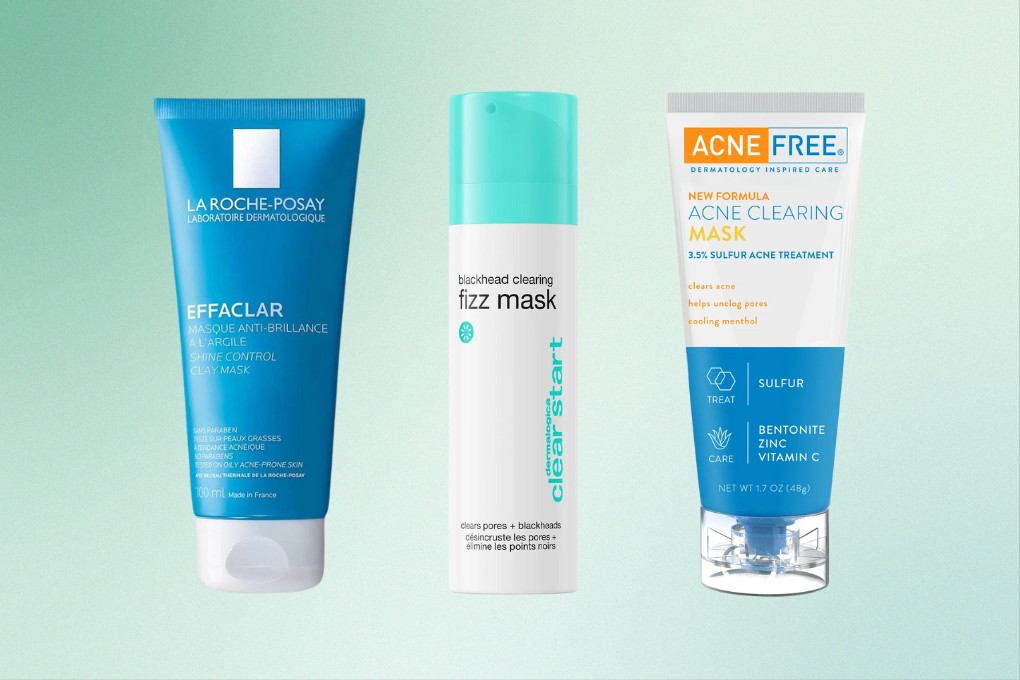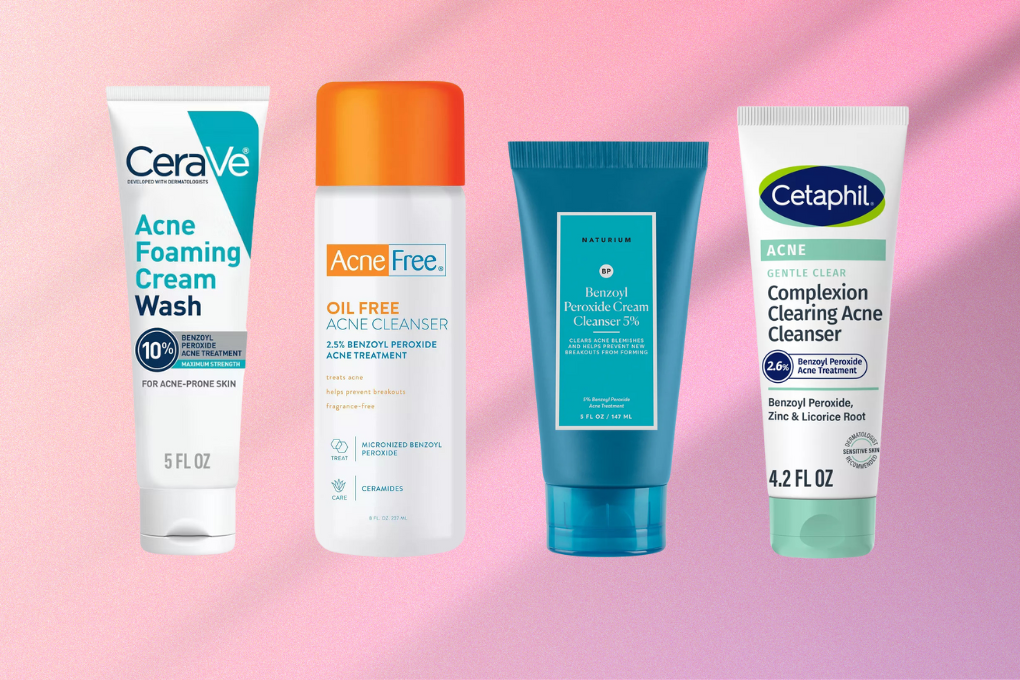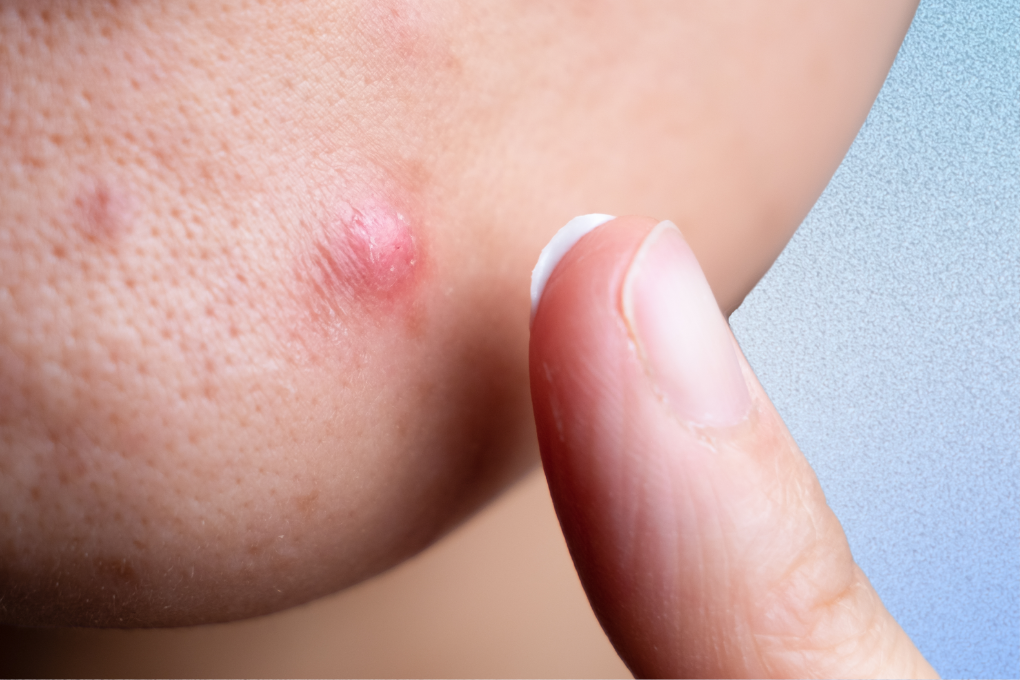Polycystic ovary syndrome (PCOS) is a hormonal disorder that affects up to 10 percent of women of reproductive age.
Characterized by cysts on the ovaries, irregular menstrual cycles, and high levels of androgens (male hormones) such as testosterone, the exact cause of PCOS is not fully understood, but it is believed to involve a combination of genetic and environmental factors. Along with hormonal acne, other symptoms of PCOS can include weight gain, infertility, hirsutism (excessive hair growth), and insulin resistance.
What Does PCOS Acne Look Like?
If you suffer from PCOS acne, your high levels of androgens can cause your skin’s oil glands to produce more sebum, leading to clogged pores. When pores become clogged with sebum, bacteria can grow, leading to inflammation and the formation of acne.
Acne caused by PCOS often shows up on the lower face such as the cheeks, chin, and jawline. PCOS-related acne can present in a variety of forms, including whiteheads, blackheads, papules, pustules, and cysts. If you begin to develop cystic acne, this should be addressed quickly, as it is often deeper and more inflamed than other types of acne, which can increase the likelihood of scarring.
PCOS Acne Treatment
Treatment for hormonal acne caused by PCOS typically involves a combination of topical and oral medications, as well as lifestyle changes.
Topical Medications
Topical medications, such as retinoids, benzoyl peroxide, and salicylic acid, can unclog pores, reduce inflammation, and prevent new acne from forming. However, overuse of these medications can cause irritation, so be sure to start slowly and avoid using strong concentrations of products or more than one treatment at a time on your PCOS acne until you are sure your skin can handle it.
Topical medications come in both over-the-counter and prescription options.
Oral Medications
Oral medications, such as birth control pills and spironolactone, can help to regulate hormones and reduce acne. Birth control pills can work to balance hormones and reduce the production of androgens from PCOS, while spironolactone blocks the effects of androgens on the skin.
Oral medications must be prescribed by a healthcare provider, with the exception of Opill, which is the only over-the-counter (OTC) birth control pill to have been approved by the U.S. FDA.
Lifestyle Changes
Certain lifestyle changes can also play a role in improving hormonal acne. Eating a healthy diet, getting regular exercise, and managing stress can all help to balance hormones and reduce inflammation.
Having a Good Skincare Routine
A good skincare routine can work with your treatment plan to reduce hormonal acne. This includes using a gentle cleanser, moisturizer, and sunscreen that do not clog your pores, as well as avoiding harsh products and touching or picking at your skin.
Keeping hair products off your skin and using clean towels and pillowcases will also reduce acne triggers.
Not all women with PCOS will experience hormonal acne, and not all cases of hormonal acne are caused by PCOS. Your specific PCOS acne treatment plan will depend on the severity of the acne and the underlying hormonal imbalance.
If you are experiencing acne and suspect that it may be related to PCOS, it is important to speak with your healthcare provider to determine the underlying cause and receive appropriate treatment.





